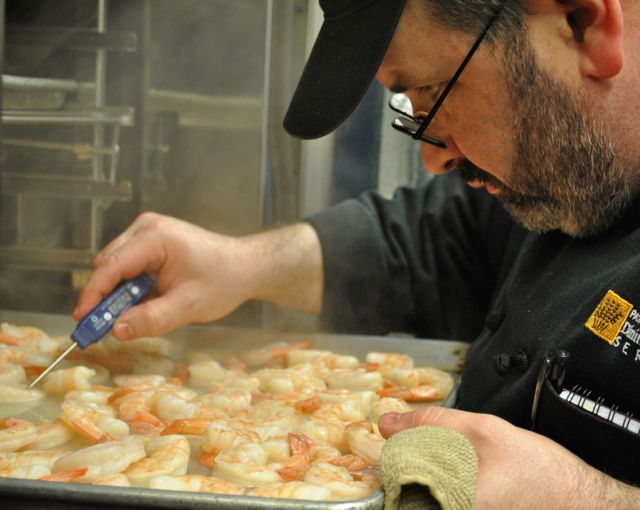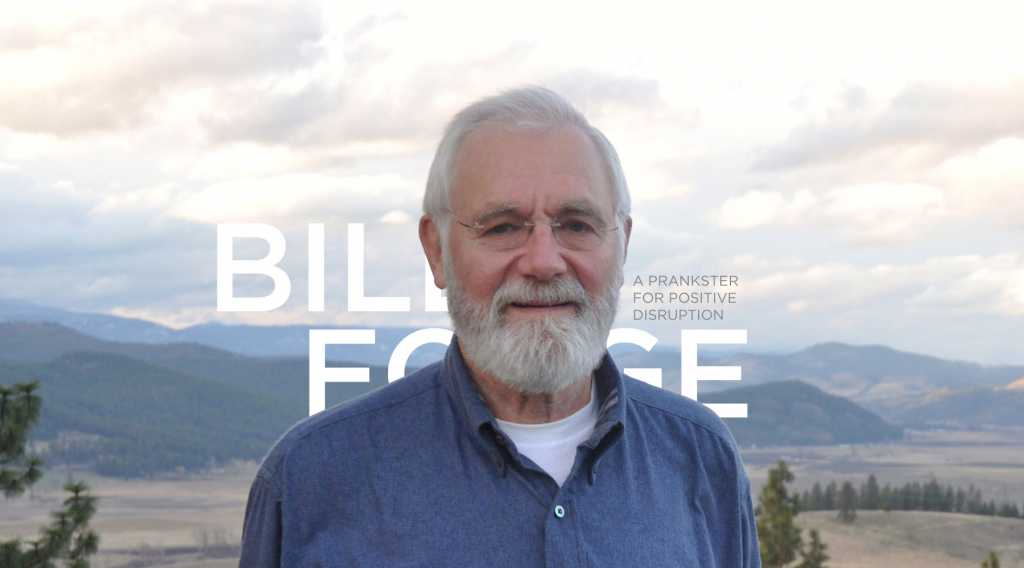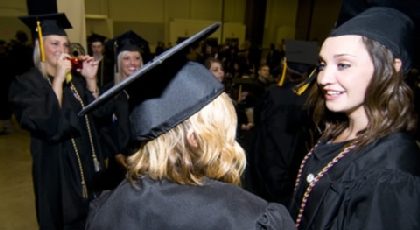Page 178 • (1,829 results in 0.132 seconds)
-
at conferences of the Jazz Education Network, the North American Saxophone Alliance, and the Oregon Music Education Association. He holds degrees from the University of Northern Colorado, the New England Conservatory of Music, and Northern Illinois University.Conner Eisenmenger Louisville, Kentucky native Conner Eisenmenger is a newcomer to the Seattle area scene, and he seems to make a friend everywhere he goes. Always searching for ways to live a music-filled life, Conner keeps a busy schedule
-

plates. You get the chance to do everything from good old American diner food to five-star food.” PLU cook Chuck Blessum boils noodles for dinner in the University Commons. Balancing quality and quantity Along with the assembly-style serving lines, PLU ditched the traditional “cafeteria food” and mystery meat long ago. The menu in the Commons reads like one you’d see at a fancy restaurant: Pozole with pork or beans, sopapillas, Steakman Jack soup with cornbread muffins, sweet potato fries, and
-
eradicating racism in the U.S. Armed Forces. My father had helped found the Army Community Service, which included many resources for combating racism and helping the Armed Forces become the first major American institution to desegregate.And my father, with my mother’s important help, founded the Defense Race Relations Institute to train professionals to deal with racism and bias. As a child, I remember protesters waving the Confederate flag and spitting invective at my parents and their coworkers. The
-

his colleague to engage the official in conversation while Foege secretly loaded their truck with the supplies. Not a prank, per se, but definitely a trickster move. “I never told (the colleague) what I had done,” Foege recalled with a chuckle. Another time, when he was at the CDC getting grilled by a member of Congress who was hostile to spending American taxpayer money on foreigners, Foege asked him whether he had received a flu shot that year. Yes, the Congressman replied. “I told him about how
-
significance of race: Anti-Black discrimination in public places. American Sociological Review, 56, 101–116. Settling into campus life Fischer, M. J. (2007). Settling into campus life: Differences in race/ethnicity in college involvement and outcomes. Journal of Higher Education, 78, 125–161. Classroom belonging Goodenow, C. (1993). Classroom belonging among early adolescent students: Relationship to motivation and achievement. Journal of Early Adolescence,13, 21–43. Nine themes in campus racial climates
-
, and through his work tries to validate and affirm all kids from all backgrounds at all times. “Many students are not engaged with caring adults who value their experiences and who validate them as well,” Cushman said. “I feel honored to be the teacher/mentor/coach of similar students because…they will be the future leaders of our communities.” In particular, Cushman concentrates his efforts on nurturing young African-American and Latino men. It is them, Cushman says, who perhaps face some of the
-
return to the park (“Swan Creek Salmon Challenge 2022”). The salmon are also of extreme religious and cultural importance to the Native American Tribes that have lived on this watershed for countless generations. This importance is highlighted in the First Salmon Ceremony, where someone is honored with the task of catching the first salmon of the season that is shared by all before the bones are returned to the river (“First-salmon ceremony”). There are many salmon education and rearing programs that
-

Classics and early American political thought, especially through the writings of Thomas Jefferson and John Adams. Carre Avary – Bachelor of Arts in education Why PLU? I’ve wanted to go to PLU for as long as I can remember. When I decided to go into education, PLU was the best fit for me and my family. My PLU experience: The students in the education department have become an extended family. I have learned more here than I ever thought I would. I have built relationships that will last a lifetime
-
(particularly race/ethnicity, gender, and sexual orientation) as applied to individuals, families, groups, institutions, organizations, and communities locally and globally. Volunteer experience is required. (4) SOCW 250 : Social Policy I: History of Social Welfare - ES Exploration of power, privilege and oppression emphasizing political process and global social change in the development of the American welfare state and the profession of social work. Students reflect critically upon personal and social
-
movements advocating for equality in terms of race and gender to discussions about police brutality and political leaders. Nonetheless, the extent to which sports can contribute to the environmental cause is yet to be fully established. One promising, widespread way in which sports–and more specifically, sports teams—can more intentionally contribute to the environmental movement is through relationships with local Indigenous groups. Using principles of Social Psychology and Native American Indigenous
Do you have any feedback for us? If so, feel free to use our Feedback Form.


